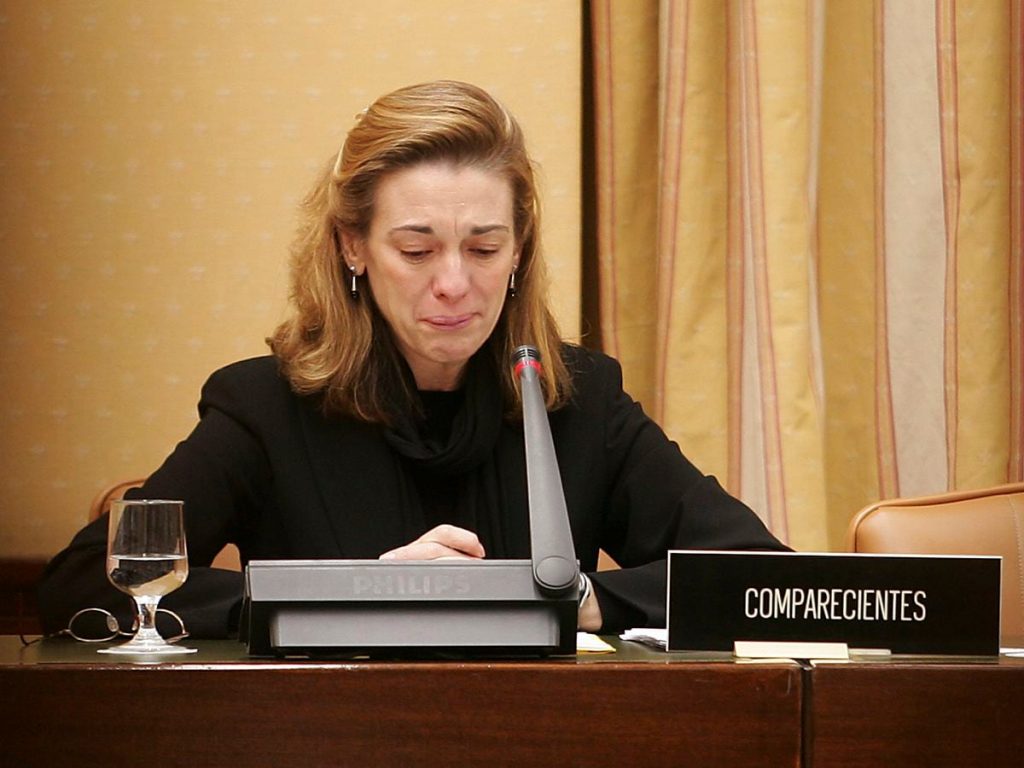In the current brutal political battle, parliamentary investigation committees are the new weapons to destroy the opponent. The PP wants to thoroughly investigate the Koldo case in the Senate parallel to the judicial proceedings. In response, the left is initiating another investigation in Congress to expand the inquiry to the purchase of masks by all administrations, including the PP’s. Some threaten to have Pedro Sánchez parade before the committees, while others target Alberto Núñez Feijóo. Additionally, three other committees demanded by the independence movement are underway in the lower house, one of which will revisit the controversial issue of police misconduct under the PP’s command against Catalan separatists.
Analysts, commentators, and some politicians criticize that a parliamentary instrument intended to shed light on “any matter of public interest” has become a pretext for a spectacle and confrontation. However, many involved in some of the 23 investigations opened in Congress since 1979 believe that their work was useful in understanding significant events that have shaken the country, from the 11-M attacks to the financial crisis or the 2013 Alvia train accident in Santiago, and proposing corrective measures.
The first joint investigation by the Congress and Senate in the democratic era was triggered by the mass poisoning due to the sale of adulterated colza oil. After eight months of secret work and examining 184 individuals, resolutions were approved to enhance food safety. José Manuel García-Margallo, who is still active in politics today, defended these conclusions. Margallo argues for the validity of this instrument, stating that it is one of Parliament’s functions to scrutinize the government and establish accountabilities.
During the 1990s, when scandals plagued Felipe González’s government, parliamentary committees proliferated. These committees are seen as a political tool, where the majority controls the agenda, list of witnesses, and conclusions. Despite their limitations, they serve as a sounding board for matters of public interest, enabling the detection of legislative flaws and the proposal of relevant reforms. A former Justice Minister who presided over a committee investigating mass espionage in Europe believes that these committees are misused vindictively instead of fostering rational dialogue.
The investigations into the 11-M attacks, the Interior Ministry’s illegal operations under the PP, and the collapse of the savings banks and part of the Spanish financial system have been subjects of intense scrutiny in recent years. While these investigations have shed light on crucial issues and led to recommendations for improvement and accountability, they have also sparked political polarization, hindering their effectiveness. Majorities often dictate outcomes, and conclusions can be predetermined, contributing to a decline in institutional credibility due to politicians’ behavior.
The disappointment of victims is evident in cases such as the Alvia train accident in Santiago, where victims fought for years to establish a parliamentary investigation. Eventually allowed under a new government, the investigation ended inconclusively due to political interests overriding the search for truth. Calls for reforms to prevent the dominance of majorities within these investigations persist, as victims and observers alike seek a more impartial and effective approach to parliamentary scrutiny.


